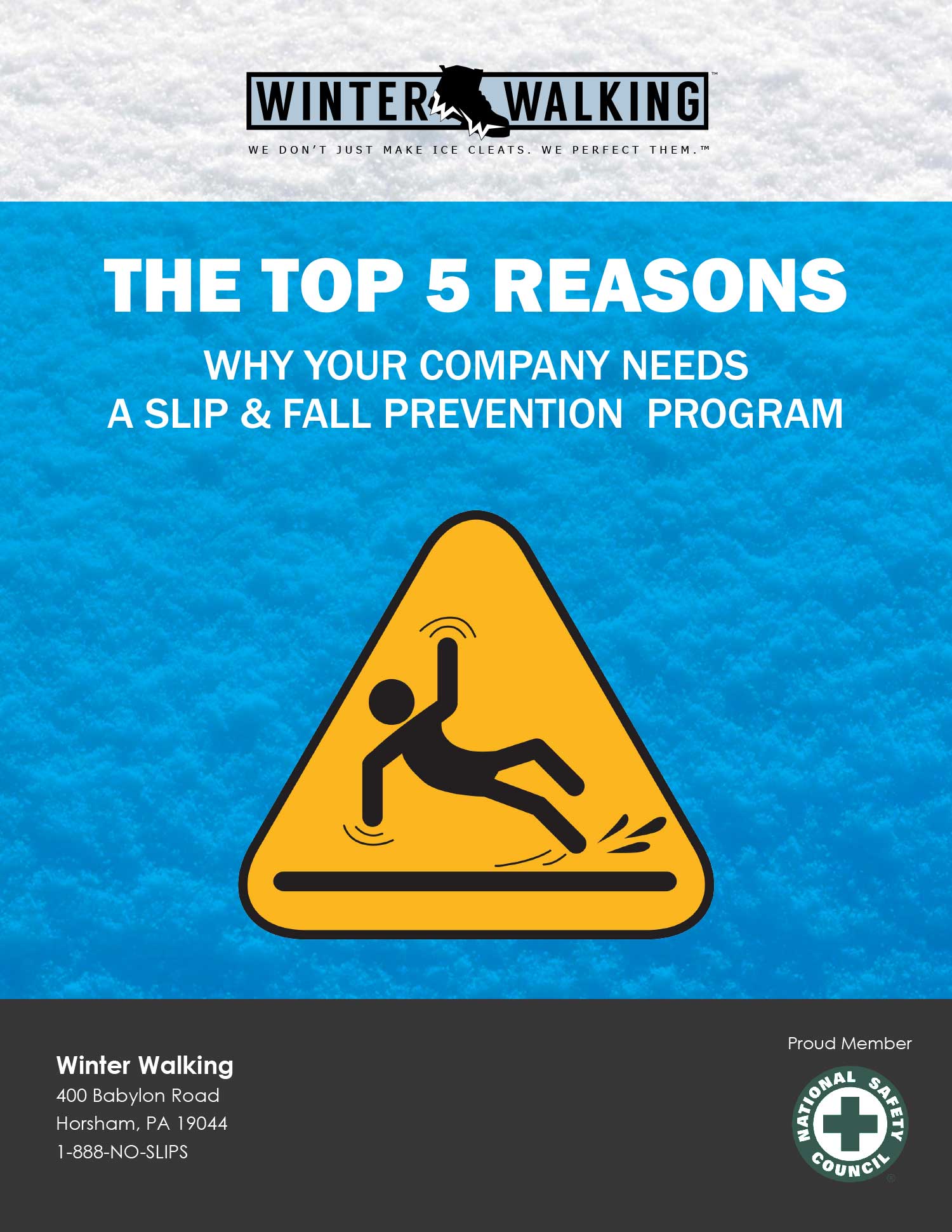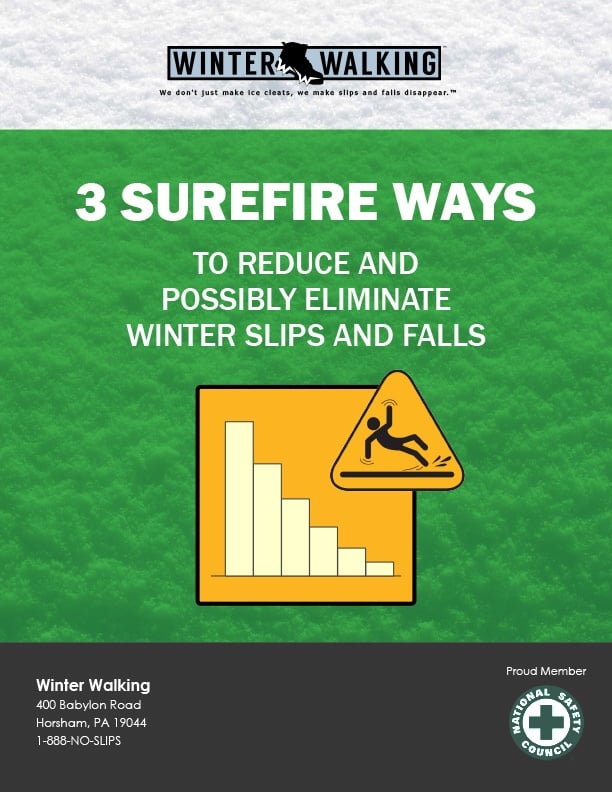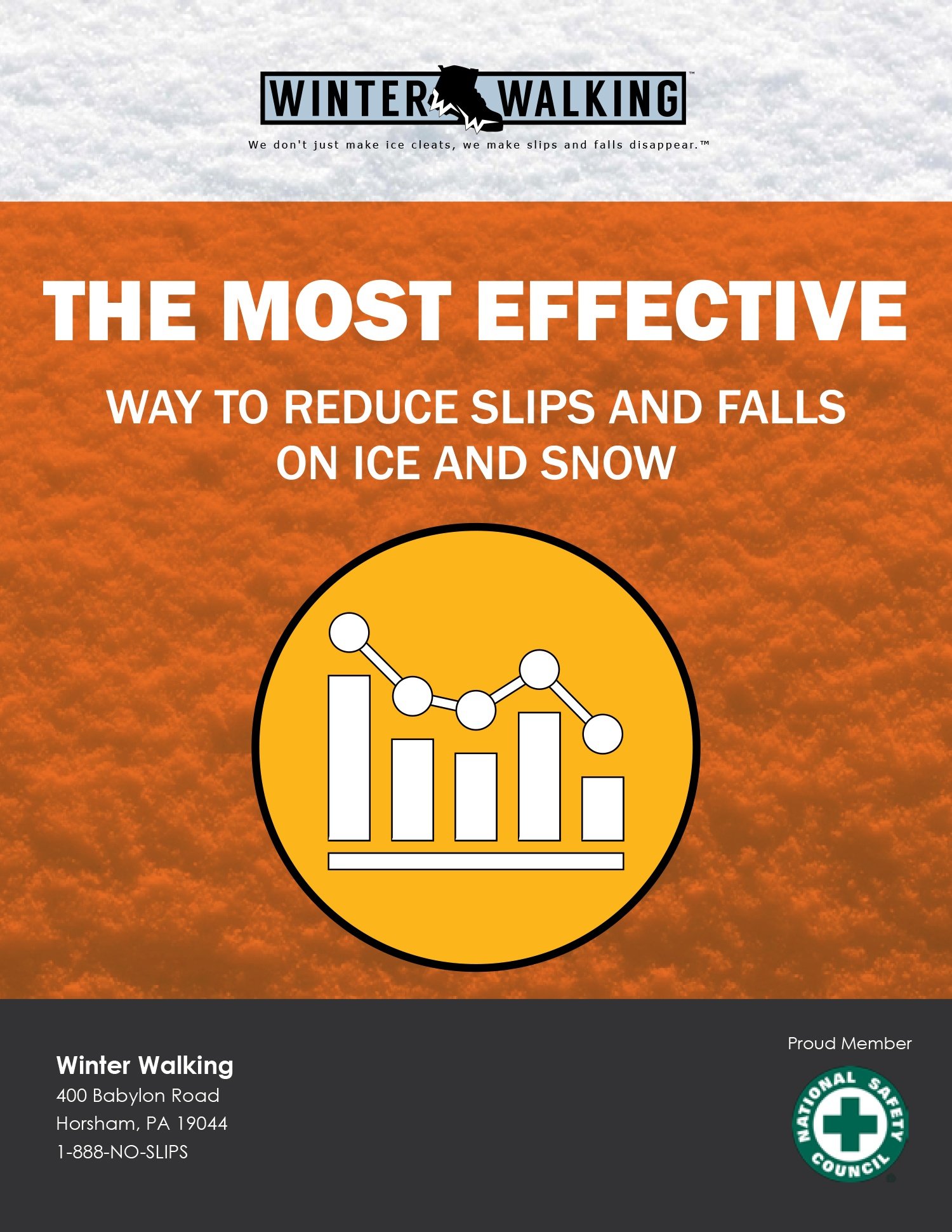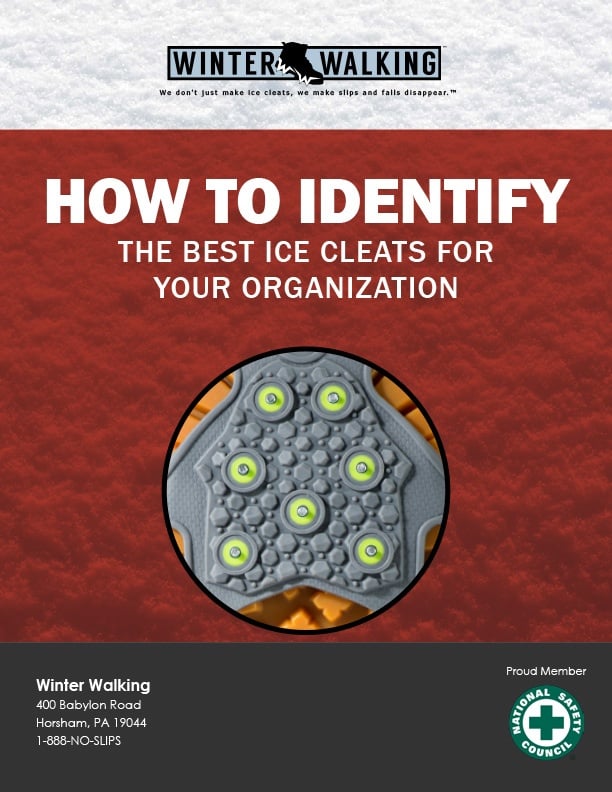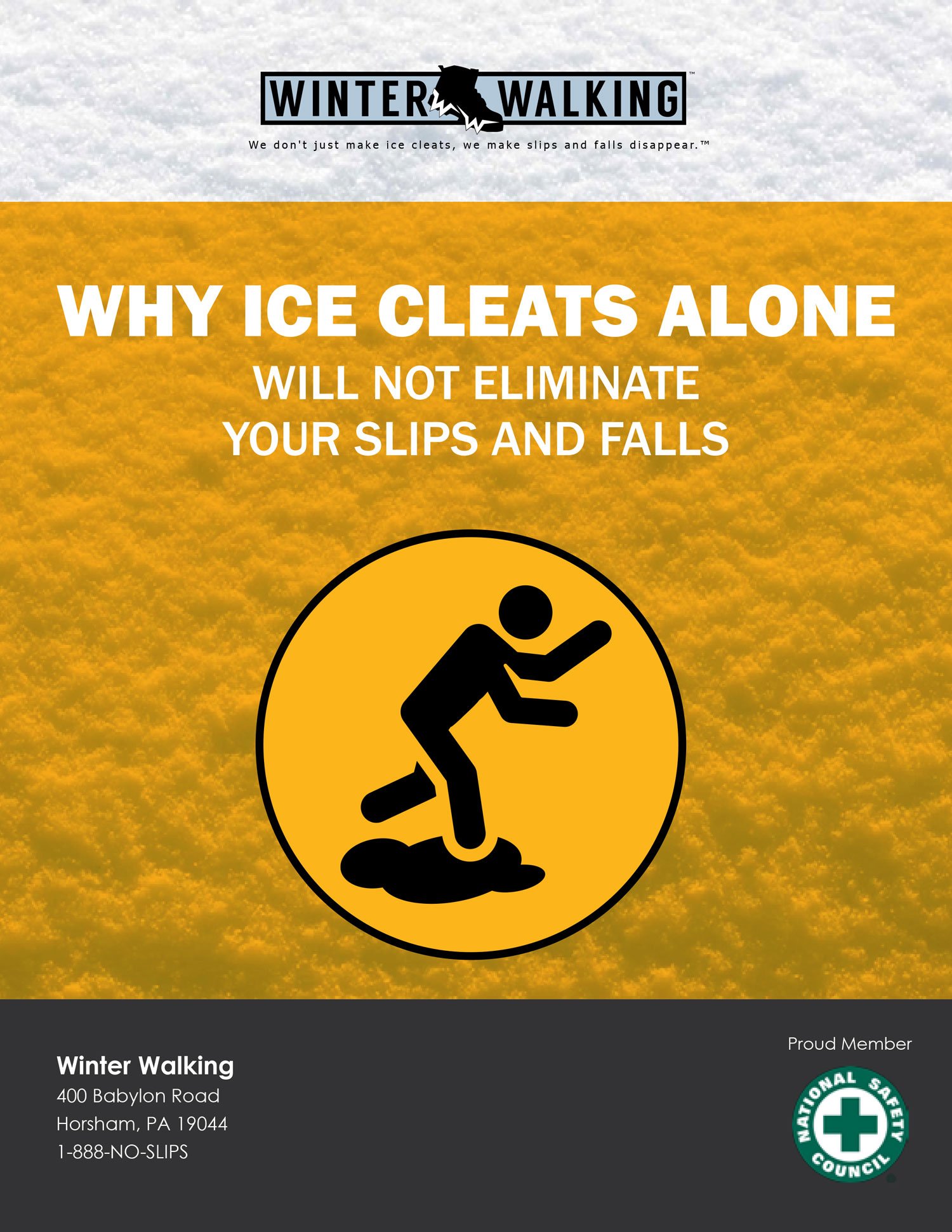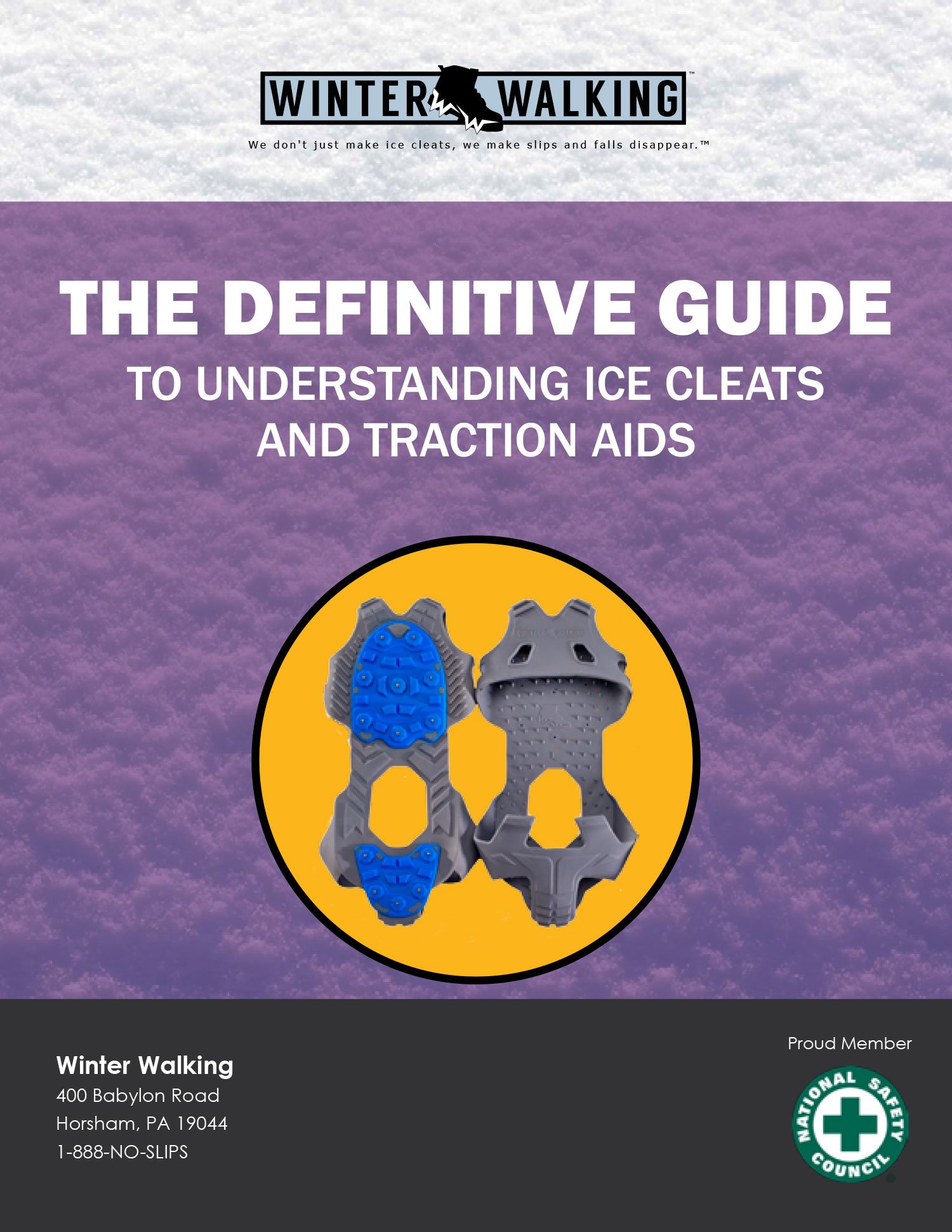Let me share an interesting anecdote from one of my many, reluctant visits to Costco. It was my day off, and I found myself strolling through the colossal store with a concise shopping list in hand. As I loaded my cart with an astonishing 1,000 paper plates, something caught my eye and brought me to a halt. It was a captivating display of ice cleats.
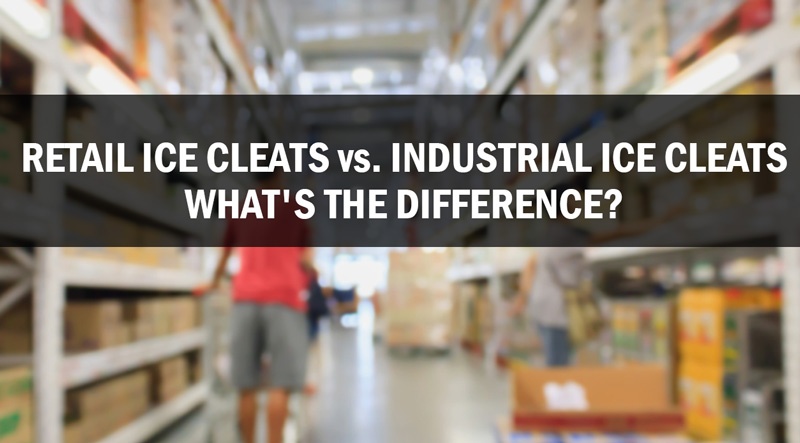
Now this is my line of work. I can quickly recognize these for what they are; a low cost solution to a temporary problem. These types of ice cleats may be effective for someone who shovels their driveway three times a year or walks their dog in the snow a few times each winter. But I know full well the kind of mayhem that can occur if one were to buy ice cleats that are this cheap and this poorly made for a work environment. The kind that may save you pennies but cost you thousands in the long run.
Imagine a scenario where a construction worker, let's call him John, decides to buy these cheap ice cleats for his job at a building site. John thought he was being smart by opting for the cheaper option, saving a few dollars in the process. Little did he know that his decision would come back to haunt him.
On a chilly winter morning, John arrives at the construction site, ready to start his day. As he walks across the icy surface, he realizes that the cheap ice cleats he bought are not providing the traction he needs. With each step, he feels his feet slipping, losing balance, and risking a serious injury. The poor quality of the cleats is evident as they start to wear out after just a few uses, leaving John vulnerable to accidents and falls.
Not only does John's safety become compromised, but the project's timeline and budget are also affected. Due to his lack of stability and the constant fear of slipping, John is unable to work efficiently. The construction company has to allocate additional resources to ensure his safety, slowing down the progress and incurring unnecessary costs.
In hindsight, John realizes the importance of investing in high-quality ice cleats specifically designed for work environments. These cleats are built to withstand the demands of rigorous activities, providing reliable traction and ensuring the safety of workers like John. By opting for the cheaper option, John not only put his well-being at risk but also jeopardized the success of the project.
So, the next time you find yourself tempted by the allure of low-cost ice cleats, remember John's cautionary tale. Don't let the short-term savings blind you to the long-term consequences. Invest in ice cleats that are designed for the job, durable, and reliable. Don't compromise on safety. Remember, in the world of ice cleats, you get what you pay for.
Oh, and if you're wondering... yes, I still have plenty of paper plates.
If you found value in this post, please click the “SHARE” button or simply “LIKE” it. Thank you for reading.
Bill Coyne is the VP of Sales for Winter Walking. He has been helping organizations across a wide variety of business sectors eliminate workplace slips and falls incidents in ice and snow for over 15 years. Email Bill bill@winterwalking.com or visit www.winterwalking.com for additional helpful information and resources.


